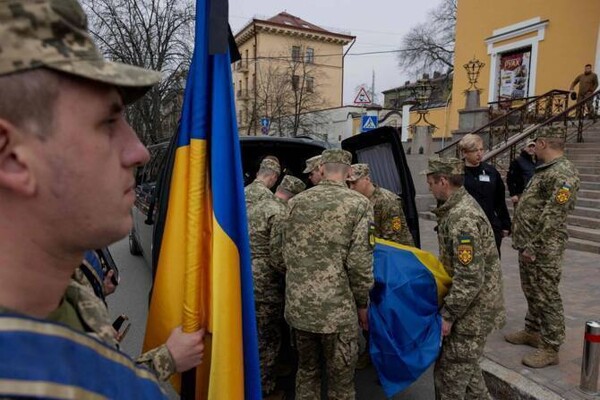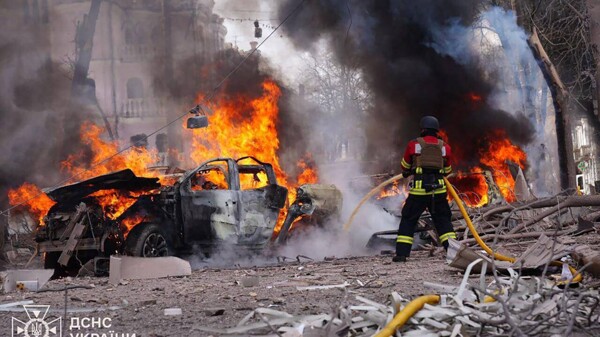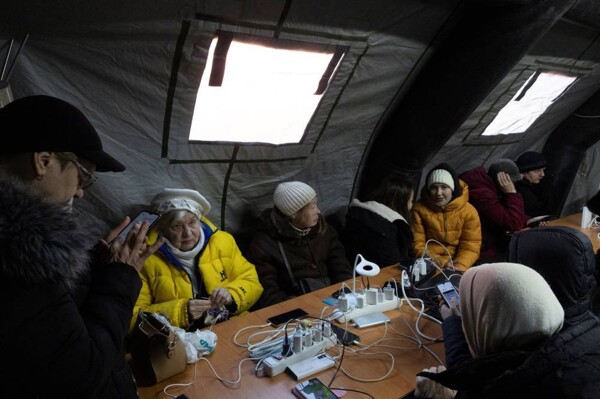Ukrainian President Volodymyr Zelensky has proposed the idea of negotiating a partial truce with Russia in an attempt to reduce the intensity of the armed conflict. In a meeting with journalists last week, Zelensky expressed his willingness to explore this possibility, which could involve a ceasefire of mutual attacks against specific energy facilities.
According to reports from Anglo-Saxon media citing sources close to the process, representatives from Ukraine and Russia have begun contacts to discuss this truce that would guarantee energy security for Kyiv during the winter and prevent further bombings of its power plants. These talks would be a continuation of a prior process that was interrupted by certain incidents, such as the Ukrainian operation on Russian territory.
The proposal for a partial truce is part of the Ukrainian 'Peace Formula,' which includes ten points, among them the withdrawal of Russia from the occupied territories in Ukraine. This plan was discussed at an international summit in Switzerland, where emphasis was placed on energy security, freedom of navigation in key seas, and the release of prisoners of war.
On the other hand, the so-called 'Victory Plan' presented by Ukraine seeks to obtain military support from its allies to stabilize the front and challenge Russia territorially. Despite warnings and calls from Kyiv, its international partners have shown little interest in meeting these demands, forcing Ukraine to remain on the defensive at the front.
In this context, the proposal for a partial truce with Russia emerges as an attempt to reduce armed confrontation and ease tensions between the two countries that have been in conflict for more than two years. Although it would not end hostilities, this truce could help both parties cope with the consequences of the prolonged conflict.














